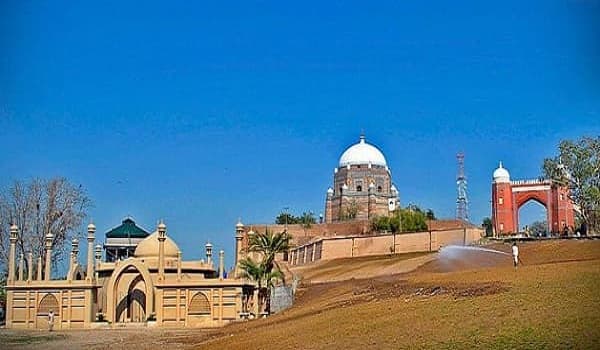Gilgit: The Government of Gilgit-Baltistan and Nestlé Pakistan have jointly collaborated to facilitate waste management of up to 2,700 tons of packaging waste in the scenic tourist destinations of Gilgit, Hunza, and Skardu so far in 2023, according to news sources. Recognizing the environmental challenges associated with plastic waste globally, this initiative aims to implement effective waste management strategies and promote sustainable tourism in the region.
Read: EU grant of PKR 7.8 bn approved for climate-resilient projects in GB, Chitral
The picturesque northern regions of Pakistan, including Gilgit, Hunza, and Skardu, have witnessed a surge in tourist numbers, exceeding one million visitors annually. While this influx has contributed to the local economies, it has also led to a concerning rise in plastic waste, posing a threat to the region’s natural beauty.
To counter this challenge, Nestlé Pakistan, aligning with its global commitment to a waste-free future, joined forces with the Government of Gilgit-Baltistan to launch the Clean Gilgit-Baltistan Project. The initiative focuses on waste segregation and recycling systems, including the installation of three baling machines, with a target of managing up to 2700 tons of plastic and paper packaging waste by the end of 2023.
Read: GB signs USD 2 bn investment MoUs to boost tourism
The collaboration extends beyond waste management infrastructure, as Nestlé Pakistan conducted training sessions in Lahore, empowering 30 master trainers to operate the newly installed machines. Additionally, the company donated 10,000 reusable bags to the Gilgit Baltistan Waste Management Company for distribution among local communities in Hunza and Gilgit.
As part of the Clean Gilgit-Baltistan Project, Nestlé Pakistan has also contributed to enhancing the tourist experience by installing 48 benches and 48 bins at key attractions, such as Gilgit City Park, Attabad Lake, and Hussaini Bridge in Hunza, as well as locations like Upper Kachura Lake, Lower Kachura Road, and Viewpoint Sadpara Lake in Skardu. These benches and bins, constructed from recycled plastics, aim to promote responsible waste disposal among tourists.
Read: French delegation keen to set up ski resorts in GB
This comprehensive project aligns with Nestlé Pakistan’s commitment to reducing the environmental impact of packaging waste, in accordance with the United Nations Sustainable Development Goals 12 (Responsible Consumption & Production), 13 (Climate Change), 15 (Life on Land), and 17 (Partnership for the Goals). The initiative not only addresses the pressing issue of plastic pollution in the region but also sets a precedent for sustainable tourism practices that prioritize environmental conservation.







